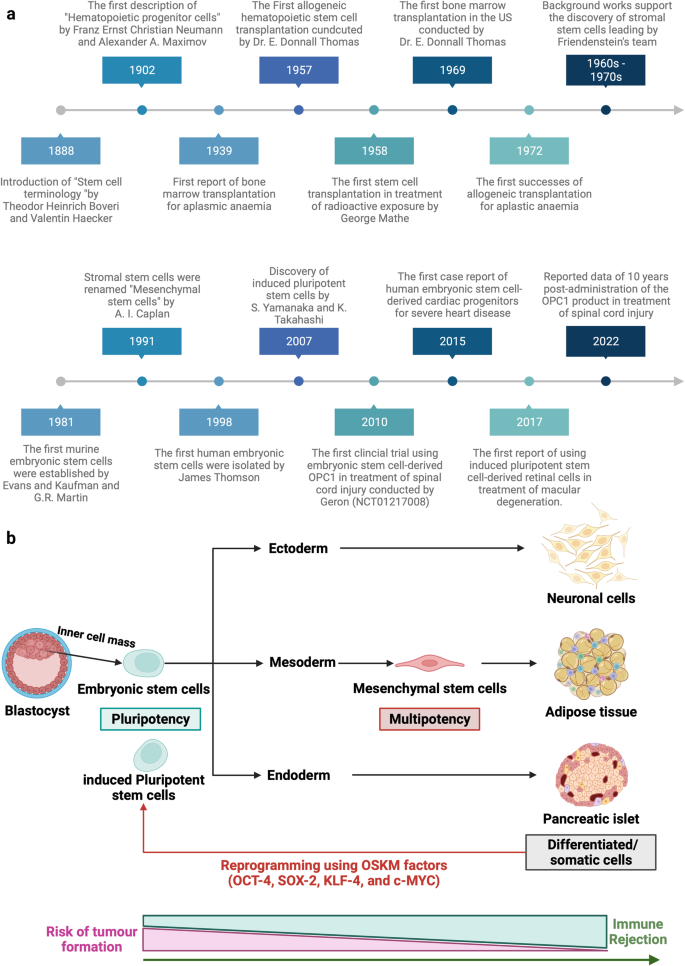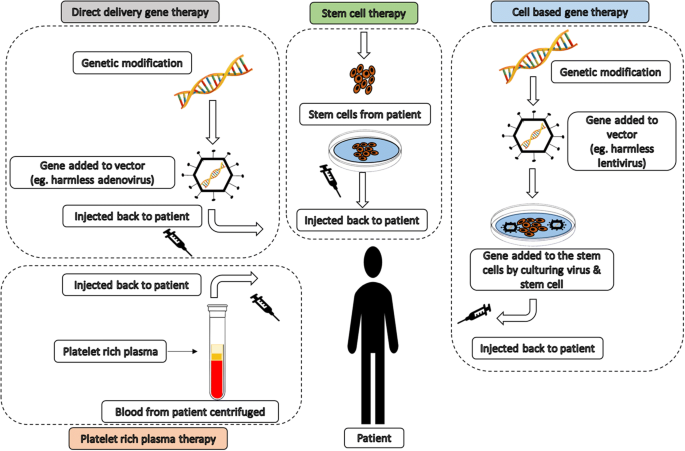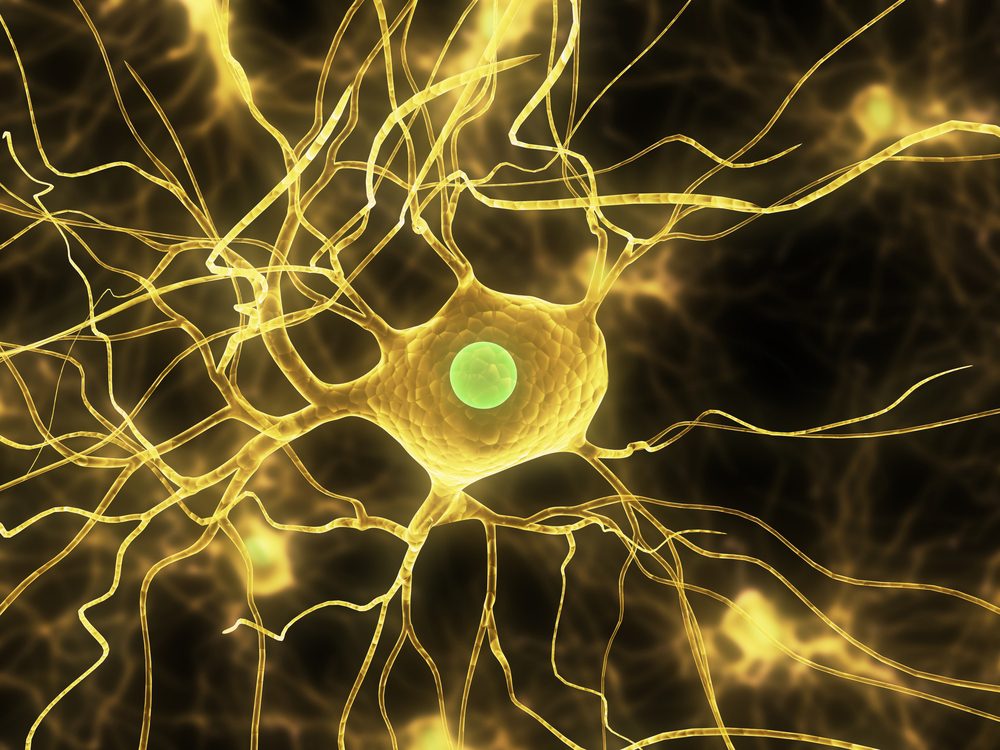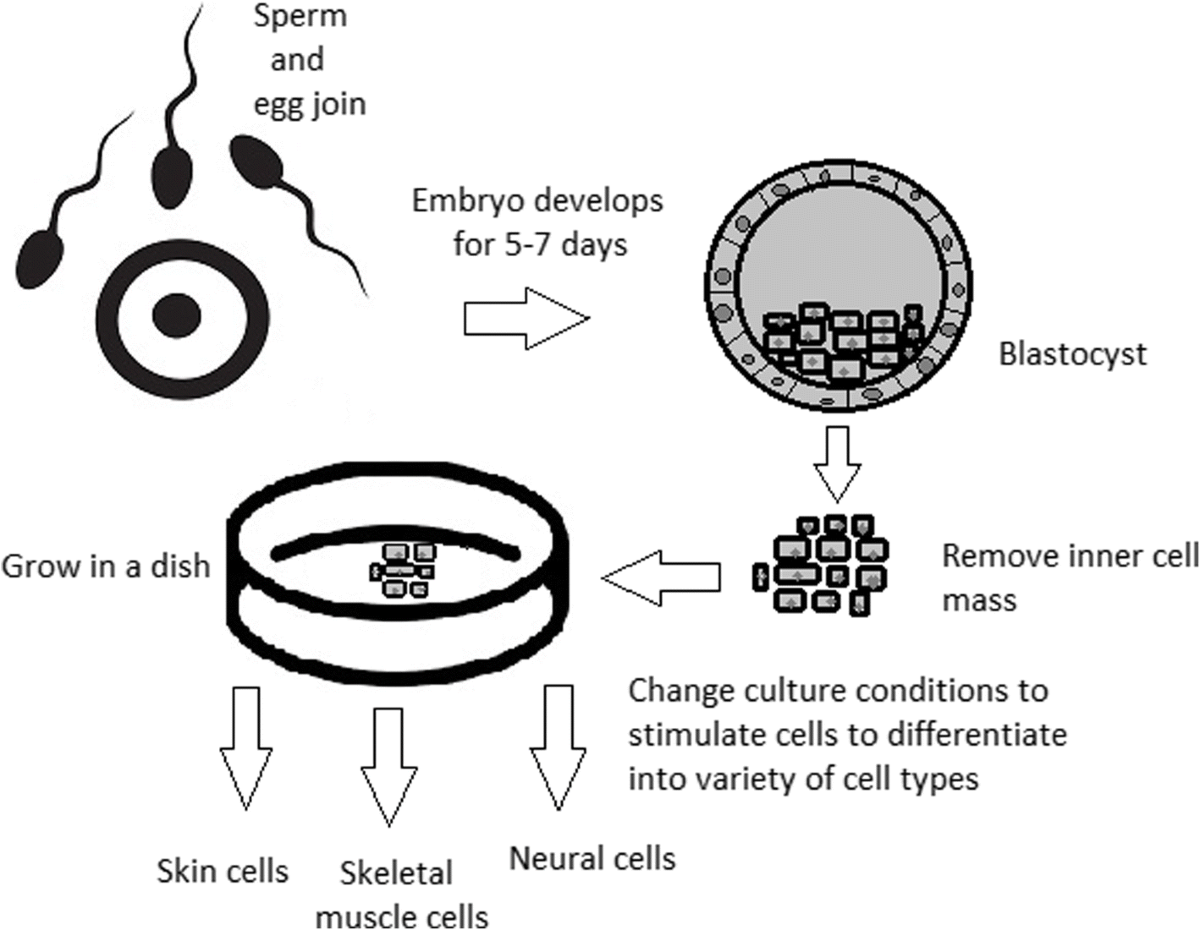
[/image][=video]
[/video]
The majority of sites made use of for bone marrow harvesting lie in the hip bones and the sternum. The procedure takes area in the operating space. The donor will certainly be anesthetized during the harvest and will certainly not feel the needle. In recuperation, the benefactor may experience some pain in the areas where the needle was inserted.

If an autologous transplant is intended, previously accumulated stem cells, from either peripheral (apheresis) or harvest, are counted, screened, and prepared to instill. The prep work for a bone marrow transplant vary depending upon the kind of transplant, the disease requiring transplant, and your resistance for specific medicines. Take into consideration the following: Many typically, high doses of chemotherapy and/or radiation are included in the prep work.
Ablative treatment stops this process of cell production and the marrow becomes empty. An empty marrow is required to make room for the brand-new stem cells to expand and establish a brand-new blood cell manufacturing system.
It is not a surgery to place the marrow into the bone, however resembles obtaining a blood transfusion. The stem cells locate their method into the bone marrow and start recreating and expanding new, healthy blood cells. After the transplant, supportive treatment is provided to protect against and deal with infections, negative effects of treatments, and issues.
Hormone Therapy
The days prior to transplant are counted as minus days. The day of transplant is taken into consideration day absolutely no. Engraftment and recovery following the transplant are counted as plus days.
The days are numbered to help the person and family recognize where they are in regards to threats and discharge preparation. During mixture of bone marrow, the patient may experience the following: Discomfort Chills Fever Hives Upper body pain After infusion, the client may: Spend a number of weeks in the health center Be really vulnerable to infection Experience extreme blood loss Required blood transfusions Be constrained to a clean atmosphere Take numerous prescription antibiotics and various other medicines Be offered medicine to avoid graft-versus-host diseaseif the transplant was allogeneic.
Relying on the kind of transplant and the illness being treated, engraftment generally happens around day +15 or +30. Blood counts will certainly be checked commonly throughout the days complying with transplant to assess initiation and progress of engraftment. Platelets are normally the last blood cell to recuperate. Engraftment can be delayed due to infection, medicines, reduced given away stem cell matter, or graft failing.
Bacterial infections are one of the most usual. Viral and fungal infections can be dangerous. Any infection can create an extended health center stay, prevent or delay engraftment, and/or cause irreversible organ damages. Antibiotics, antifungal medications, and antiviral medications are frequently provided to try to avoid serious infection in the immunosuppressed person. Thrombocytopenia (low platelets) and anemia (low red cell), as a result of a nonfunctioning bone marrow, can be harmful and also deadly.
Liquid overload is a complication that can lead to pneumonia, liver damage, and high blood stress. The major factor for liquid overload is due to the fact that the kidneys can not keep up with the big quantity of liquid being given in the kind of intravenous (IV) medications, nourishment, and blood items.
Stem Cell Therapy

Respiratory standing is an essential function that might be compromised throughout transplant. Infection, inflammation of the air passage, liquid overload, graft-versus-host condition, and bleeding are all prospective lethal problems that might take place in the lungs and lung system. The liver and heart are very important organs that might be harmed throughout the transplantation process.
Failure of the graft (transplant) taking hold in the marrow is a potential issue. Graft failure might take place as a result of infection, persistent illness, or if the stem cell count of the given away marrow wanted to trigger engraftment. Graft-versus-host illness (GVHD) can be a severe and deadly difficulty of a bone marrow transplant.
As opposed to an organ transplant where the person's body immune system will certainly attempt to deny just the hair transplanted body organ, in GVHD the new or hair transplanted immune system can assault the entire patient and all of his/her organs. This is since the brand-new cells do not acknowledge the tissues and body organs of the recipient's body as self.

One of the most typical sites for GVHD are GI tract, liver, skin, and lungs. Prognosis greatly depends upon the following: Sort of transplant Kind and extent of the illness being dealt with Disease action to treatment Genes Your age and total health and wellness Your resistance of specific medicines, procedures, or treatments Extent of difficulties Similar to any type of treatment, in bone marrow transplant the diagnosis and long-term survival can differ greatly from one person to another.
Regenerative Therapy
Continual follow-up care is necessary for the patient complying with a bone marrow transplant. New methods to boost therapy and to reduce complications and negative effects of a bone marrow transplant are constantly being discovered.
Accessed June 5, 2017. The hope is to recover damaged tissue that will not appropriately heal on its very own. Regenerative medication treatments can be split into 3 classifications: facilitate healing by infusing or positioning online cells into the person. Instances of cellular therapy include PRP and stem cell therapies, which can be utilized to treat tendinopathy and various other sports injuries.
Outer nerves, for example, consist of Schwann cells, nerve fibroblasts, and immune cells, each playing a role in nerve regrowth, as discussed right here. Stem cell treatment is one of the most extensively investigated and promising branches of cell regrowth treatment. Some cells, such as epithelial cells in the skin or the lining of the intestinal tract, have a high turnover turn over and can regenerate quickly.
Navigation
Latest Posts
Medical Group
Menopause Treatment servicing Holland, Michigan
Menopause Treatment local to Holland, Michigan